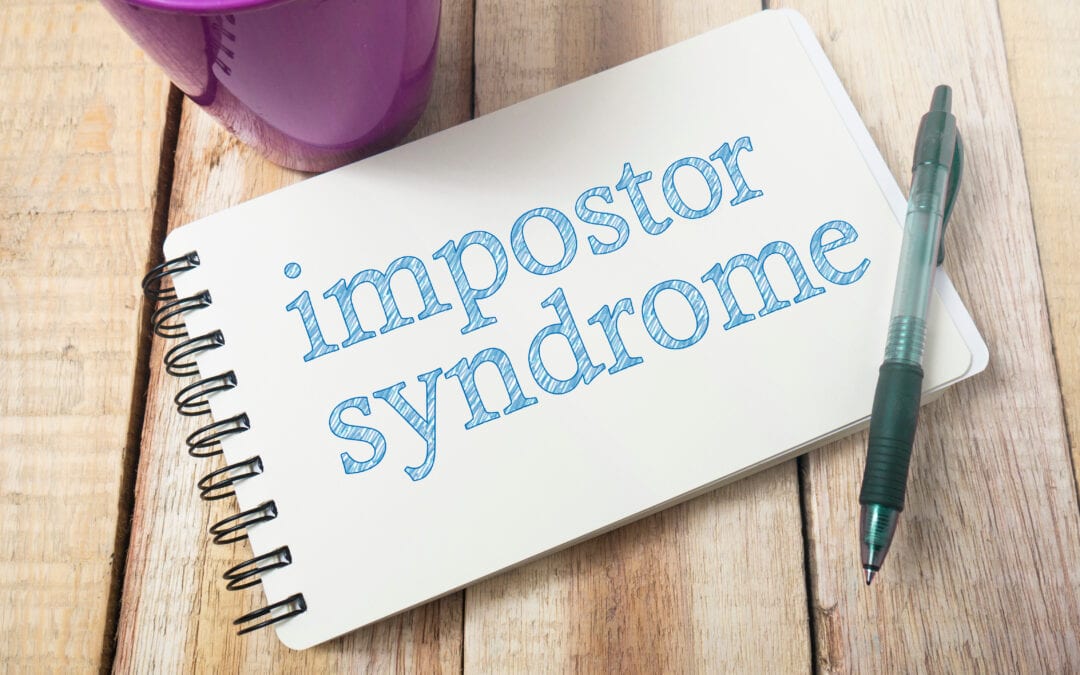Have you ever felt guilty in your successes, discounted praise, doubtful in your ability or just plain lucky but not “enough”? If you answered yes to any of these, you’ve probably experienced something called “imposter syndrome”. It’s something many of us in the medical field all-too-often experience. It’s this idea that we aren’t smart, capable or fit enough for the careers and lives we’ve earned. It’s the feeling that we are fraudulent in our successes and that our accomplishments are due to luck and not ability. So why do so many of us go through it when all our accomplishments tell us to believe otherwise?
How did we get here?
We all know the medical field is both physically and mentally challenging, especially for those who identify as women or people of color. And inevitably, we’ve all been told “No”, at least once. That we aren’t good enough, or smart enough, or fit enough to become the physicians that will heal and take care of our country. All of these factors contribute to the feeling of fraud. But somehow we’re still able to persist and do just what we thought we couldn’t do. So now we’re in college, medical school, residency, or practicing and yet still in disbelief that we were ever good enough to make it here. That somehow we landed here on accident, or by luck.
But imposter syndrome functions exactly like that and makes us believe that we aren’t “enough” because of that little voice in our head. Even when we witness the fruits of the hard work and sacrifice begin to ripen and grow.

How do we fight it?
That glorious hashtag: self-care. You’re presented with a task –– you’re most likely either going to over prepare or procrastinate in response to the effects of imposter syndrome. This is when self-care is really going to make a difference. Yes, it’s important that you study hard, eat well, get to the gym regularly, and keep a clean house. But when life happens, or you get too busy, it’s important to remember to take care of yourself first.
Three great ways to do that consistently is by getting enough sleep, keeping to a healthy diet, and de-stressing whenever you begin to feel anxious. This can look very different for a lot of people. For me, a full night’s rest means I get at least 7 hours of sleep each night. It might be really tempting to sacrifice sleep for work, but you feel your best when you allow your body to rest. A healthy diet means I’ve been staying away from fast food, cooking most of my meals and loading up on lots of water. There are a ton of ways that I like to destress but the one I find to be the most effective in clearing up my fog and decreasing my anxiety is running or working out at the gym.
Imposter syndrome has a way of making you feel isolated and less-than but you should know you aren’t alone. Lots of medical professionals experience this regularly but it’s time we give ourselves a little credit. We’ve made it this far through sacrifice and hard work. Imagine if we coupled that with self care. Remember that the next time you ask yourself how you got to where you are!
Hannah Terefe is a 1st year medical student based out of Washington, DC. She enjoys cooking paleo-friendly meals, fitness, and travel. You can follow her on Instagram @the_habesha_doc
To hang out more with the amazing women doctors you hear from on our site, check out the Women in White Coats Doctors’ Lounge, our virtual doctors’ lounge created JUST FOR WOMEN DOCTORS. Its an exclusive membership area meant to empower and support you throughout your career. Inside our Doctors Lounge you will gain access to webinars from experts on topics relevant to women doctors, discounts on our online CME courses and special invitations to member-only events. To become a member click here.





This idea of imposter syndrome is so common. The negative thoughts creep in when we least expect it. Thank you for the reminder to care for ourselves as we would advise others…